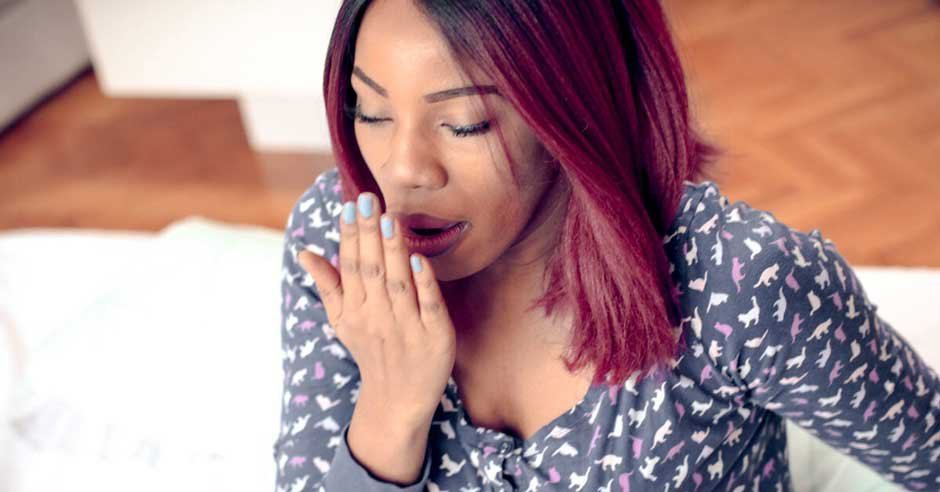You might be surprised to know that bad breath is a common problem. It is estimated that nearly one-third of all people will experience bad breath at some point in their lives.
While there are many potential causes of bad breath, usually, it all goes down to what your lifestyle is and if you have good oral hygiene.
Don’t worry, though; there are treatment options available to help you get your bad breath under control. This post will explore the common causes and treatments for bad breath to help you prevent it.
What Is Bad Breath?
Also known as halitosis, it can be embarrassing and difficult to deal with; however, treatments are available.
A build-up of bacteria in your mouth usually causes bad breath. When these bacteria break down food particles, they produce sulphur compounds, which smell bad.
Common Causes of Bad Breath
Bad breath can have many causes, but some of the most common ones include the following:
Food: Certain foods, like garlic and onions, can cause bad breath. It is because they contain sulphur compounds that are released into your bloodstream and exhaled through your lungs.
Poor oral hygiene: If you don’t brush and floss regularly, food particles can get stuck in your teeth and start to rot.
Dry mouth: Saliva is your mouth’s natural way of cleansing itself, so if you have a dry mouth, there’s not as much saliva to wash away bacteria.
Smoking: Cigarette smoke contains compounds released into your bloodstream and exhaled through your lungs.
Treatments for Bad Breath
If you’re still experiencing bad breath after trying some preventive measures, there are a few treatment options to explore.
Mouthwash can help temporarily mask bad breath, but choosing one that targets the underlying causes of bad breath is essential. Look for mouthwashes that contain chlorhexidine or zinc.
Similar to mouthwash, toothpaste containing zinc or chlorhexidine can help mask bad breath and fight the bacteria that cause it.
Probiotics studies have shown that they can also help with bad breath by reducing the levels of sulphur-producing bacteria in your mouth.
Tongue scraping, your tongue is a breeding ground for bacteria, so it’s not surprising that it can contribute to bad breath. Tongue scraping is an effective way to remove bacteria and other particles from your tongue.
Bad Breath Prevention
Practising good dental hygiene prevents bad breath. It means brushing and flossing your teeth regularly and using mouthwash to help kill bacteria. You should also avoid foods that cause bad breath. Quitting smoking will not only improve your breath, but it will also improve your overall health.
Drinking plenty of water is also an excellent way to prevent bad breath. Drinking water helps to flush out bacteria and food particles that can cause bad breath. If you drink alcohol, drink plenty of water, as alcohol can dry out your mouth.
If All Fails, Consult a Doctor
If you’ve tried all the at-home remedies for bad breath and nothing is working, it might be time to see a doctor. In some cases, bad breath can signify a more serious underlying condition.
Your doctor will most likely enquire about your medical history and perform a physical examination. They might also recommend some tests, such as a blood test or CT scan, to rule out any other potential causes of your bad breath.
If an underlying medical condition causes your bad breath, treating the condition will usually help get rid of the bad breath as well. In some cases, you might also need to see a dentist or specialist for additional treatment.
Conclusion
Bad breath is no fun, but you can do some things. First, try to identify the cause of your bad breath. Common causes include food, tobacco use and dry mouth. Once you know the cause, treating it will be easier.
You may also try over-the-counter treatments. If your bad breath is more severe, you may need to see a doctor or dentist for treatment.
Don’t let bad breath take over your life. There are treatments available to help. Talk to your doctor or dentist to find the best option for you.

